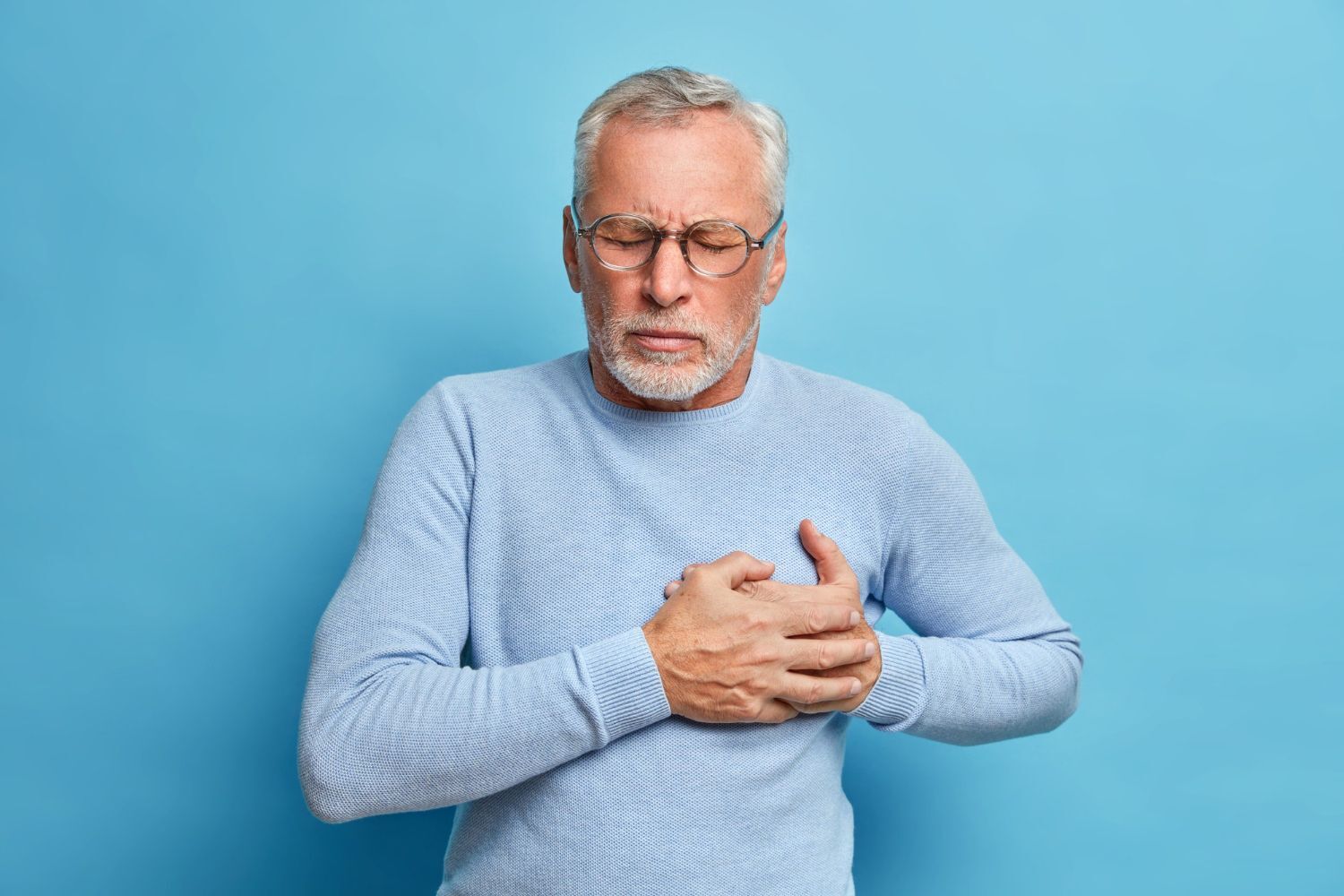
Sudden cardiac arrest and heart attack are often mistaken as the same thing because both involve the heart and are life-threatening medical emergencies.
However, they are distinct health events that impact the heart – and the person – differently. Failing to recognize this could be fatal, a reality all too common in such emergencies.
Let’s explore three key differences.
1. Cause and urgency
Heart attack: low flow, or no flow – a plumbing problem
Imagine that a water pipe is badly clogged, preventing water from passing through.
This is the same idea as what happens during a heart attack. Blood can’t reach the heart because a blockage has formed in one or more of the major blood vessels that feed the heart, called coronary arteries.
The heart’s supply of oxygen-rich blood is significantly reduced or completely cut off. Without oxygen, heart muscle – like other muscles – will die.
Blockages that form in the coronary arteries result from a buildup of plaque – a mix of cholesterol, fat, and other substances. This is called coronary artery disease, a condition that can worsen over time.
If a piece of plaque breaks off from the artery wall, a blood clot can form. A large enough clot can block the flow of blood to the heart, killing off heart muscle.
Impact and initial treatment
Heart attacks range from mild to severe, depending on how badly the heart is damaged. Some heart attacks are severe enough to cause sudden death; with others, the victim might feel sick, but be unaware a heart attack has occurred.
The heart can continue to beat during a heart attack if enough blood reaches it. In fact, the heart continues to beat during most heart attacks.
Treatment for a heart attack – both immediate and long term – can vary depending on its severity and other circumstances. View this helpful information on different treatments.
Sudden cardiac arrest: lights out – an electrical problem
Imagine that the electricity in your home has stopped flowing properly, causing the lights and appliances to immediately stop working.
This is like what happens during a sudden cardiac arrest. The heart’s electrical system misfires, causing the heart to stop beating and pumping blood. Like a heart attack, coronary artery disease is a major risk factor for sudden cardiac arrest. In some cases, a heart attack can cause sudden cardiac arrest. Other factors can lead to sudden cardiac arrest too.
While most heart attack victims remain conscious during an attack, sudden cardiac arrest victims lose consciousness nearly immediately because blood no longer flows to the brain. Breathing stops and there’s no pulse.
Impact and initial treatment
Sudden cardiac arrest victims die within minutes if normal heart function isn’t restored.
CPR, combined with use of an automatic external defibrillator, or AED, can help to keep blood flowing to vital organs – such as the heart, brain, and lungs – and to shock the heart back into a normal rhythm.
Since sudden cardiac arrest mostly occurs at home or in public – not in a medical setting, bystanders who aren’t medical professionals are overwhelmingly the ones who must jump in and administer first line care (CPR and AED) until emergency medical services arrive on the scene.
2. The Warning signs
Heart attack and sudden cardiac arrest may may display similar warning signs, such as chest pain and shortness of breath.
However, a key difference is: sudden cardiac arrest often strikes without warning, while a heart attack may produce warning signs that come on over time.
3. The chances of survival
Sudden cardiac arrest is typically much deadlier than heart attack.
Consider that about 12% of people who have a heart attack die, compared to 90% of sudden cardiac arrest victims.
Emergency response is always the key
If you think you might be experiencing a heart attack or sudden cardiac arrest, or you find yourself in proximity to people that might be, you must act.
Both sudden cardiac arrest and heart attack are medical emergencies that require immediate medical attention. Call 911 and do all in your power to support the affected person until professional help arrives.
At Starting Hearts, we can provide you with specific training and equipment for making a life-saving difference.
Contact us for more information: info@startinghearts.org
